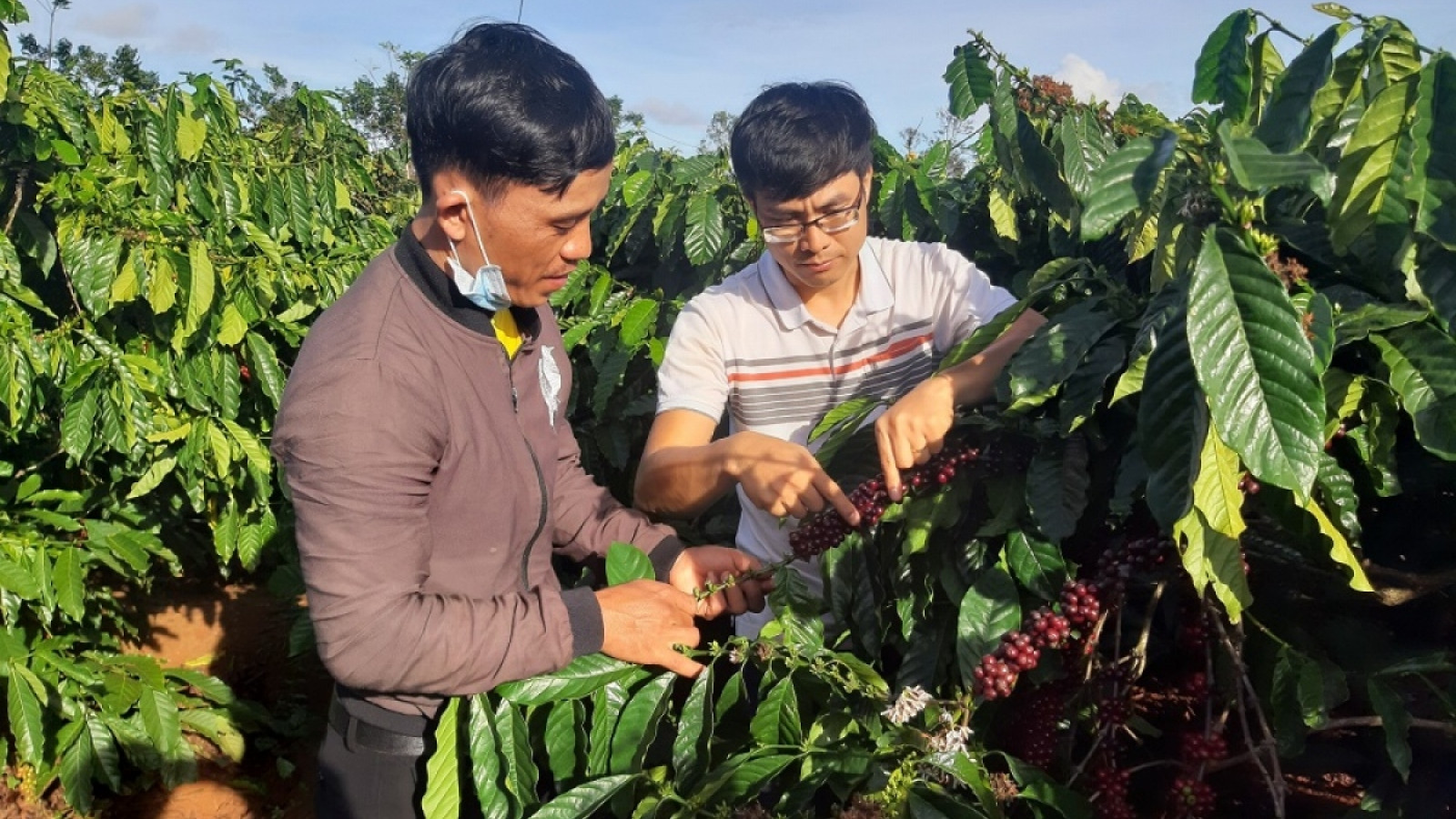Maintaining traditional markets while expanding exports of deeply processed coffee is key for the industry to reach its $7 billion target this year.

According to Phan Minh Thong, Chairman of the Board at Phuc Sinh Corporation, the sharp rise in export value was driven by high average export prices, which exceeded $5,700 per ton - a 59% increase year-over-year.
This price surge is partially attributed to global supply fluctuations, but also to major improvements in the quality of Vietnamese coffee over the past decade. Renowned roasters in Europe, the US, and Italy increasingly prefer Vietnam’s robusta coffee.
Since 2023, export prices have consistently hit new highs and are forecasted to remain strong throughout 2025. Phuc Sinh has been expanding its specialty Arabica coffee lines from the Northwest, including honey-processed and natural-process varieties. These products boast distinctive characteristics in flavor, acidity, sweetness, balance, and clarity - earning high praise in international markets.
Data from the Ministry of Agriculture and Environment reveals that Germany, Italy, and Spain were Vietnam’s top three coffee export destinations in the first half of the year, accounting for 16.3%, 7.9%, and 7.4% of total volume respectively. Notably, exports to Germany more than doubled, while shipments to Italy and Spain grew by 45.1% and 55.8%.
Among Vietnam's top 15 export markets, Mexico recorded the highest increase in export value - soaring by 71.6 times - while China, the lowest, still posted a 22.9% rise.
The rising share of Arabica and processed coffee exports reflects a significant industry shift toward investing in technology and Arabica-growing regions. It also indicates a move toward higher-value exports, meeting the demand for premium products in markets like the EU, the US, and Japan.
Markets such as the UK and Canada, where coffee consumption is growing, also offer promising expansion opportunities for Vietnamese exporters.
To fully realize this potential, Vietnamese enterprises must enhance product quality, invest in clean processing technologies, and build trusted, sustainable brands. They must also capitalize on tariff advantages from the various free trade agreements Vietnam has signed.
Tran Ngoc Quan, Commercial Counselor at the Vietnam Trade Office in Belgium and the EU, noted that Vietnam’s coffee exports to the EU reached €983.2 million in the first four months of 2025 - an increase of 30% over the same period last year. However, most of this volume was raw coffee, meaning added value and profits remain limited.
“To fully tap into the EU market, exporters need to focus on differentiated product lines, such as high-quality, processed, certified, and specialty coffees,” Quan advised.
He emphasized that European consumers increasingly prioritize sustainable and environmentally friendly products. They are concerned not only with price and quality but also with the ethical and ecological aspects of production. Businesses, he said, must quickly adapt to these green consumption trends.
PV